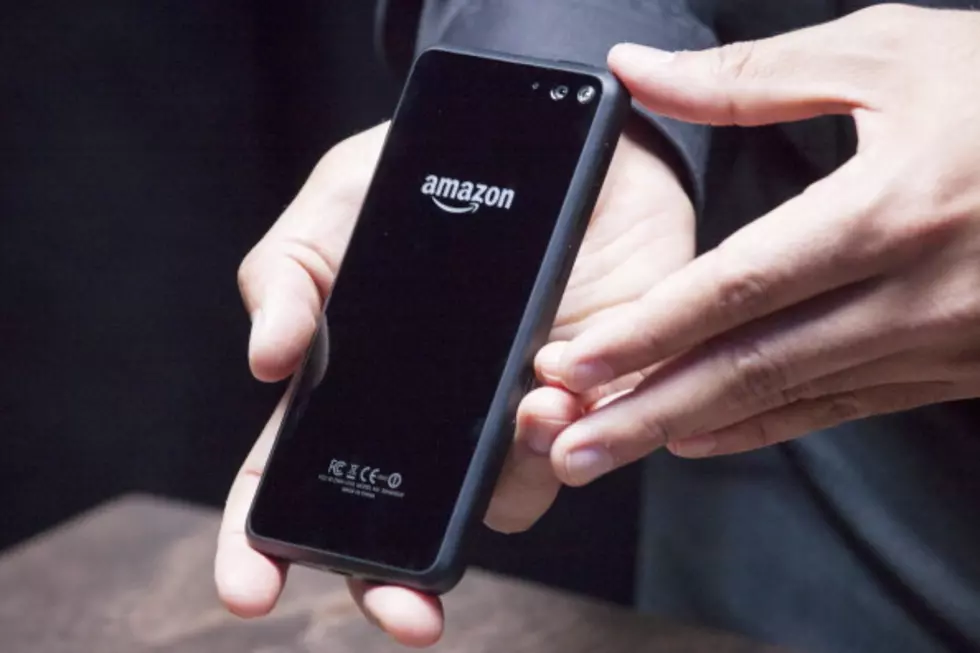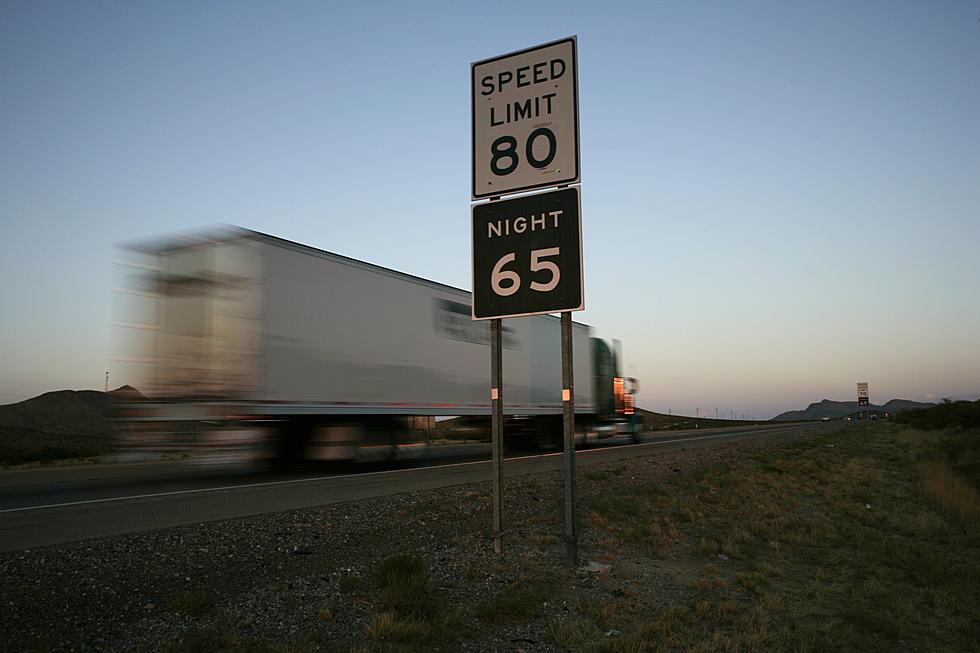
The Geek Girl Report: Making Losers Out Of Winners – How To Avoid Falling For Sweepstakes Scams
"Congratulations! You're the grand prize winner of our contest and you've won $1,000,000 and a new convertible! Respond within the next 5 minutes and claim your prize today!"
How many times have you seen this pop up in your E-mail or heard this from a out-of-the-blue phone call? Sweepstakes scams like these have been around for a long time now, and with the majority of the population having access to cell phones and computers, these kinds of E-mail and phone scams are more common than ever. Remember: if it sounds too good to be true, it probably is. So in order to avoid falling for a sweepstakes scam, here are some of the major warning signs that you're not actually a big winner.
1.) The sweepstakes requires you to pay to receive your prize
This is usually the biggest red flag of a scam. Sweepstakes scammers will sometimes instruct you to pay a tax or a handling fee or even purchase a prepaid card of some kind in order to claim your prize. Don't do it. A legitimate sweepstakes will NEVER ask you to pay for your prize. It's prohibited by law, it defeats the whole purpose of a sweepstakes, and it's a surefire sign that you're getting scammed.
2.) The sweepstakes is for a contest you've never heard of - or entered
How can you win a contest you never entered? Simple, you can't. Another clear sign that you're dealing with a scammer is if they claim you've won a contest that you never entered, much less heard of. If you're suspicious about a supposed contest win, especially one you didn't enter, you need to do your research. Contact the company the callers claim to be with and check for yourself if there's really a contest going on, or how companies actually contact their winners. For example, Publisher's Clearing House will never contact their winners over the phone or via E-mail, so if you get a call from someone claiming to be with PCH, don't believe them.
3.) The sweepstakes is pressuring you to respond quickly
Normally, if you win a contest, you might have a few questions, like how to claim your prize, or the specifics on what you won. But in the case of a scam, if you start asking too many questions, or don't respond right away, they'll threaten to take away the prize you've already (supposedly) won. That's because more often than not, these guys want you to hurry up and send them their money before the check bounces or before you realize that you're being taken for a ride. If the people contacting you are trying to prevent you from making sure the win is legitimate, either by rushing you or demanding you stop asking questions, then you're most likely dealing with a scam.
4.) The sweepstakes is asking for your credit card number or other personal information
Generally speaking, you should always be leery of anyone who asks for your credit card number, or other sensitive personal information like info on your bank account or your checking account number. This kind of goes hand in hand with my first red flag: no legitimate sweepstakes will ever ask you for your credit card number, and under no circumstances are you obliged to give that information to anyone you don't trust. But on a related note, you should also be leery of callers who give you too little information. Many times the scammers just have a list of phone numbers or E-mail addresses, without a name attached to them. So if they don't address you by name, or even better, if they can't tell you who they just called, chances are high you're dealing with a scam.
Be sure and check out The Geek Girl Report every Tuesday morning, only on KFYO.com. And be sure to follow me on Twitter as well: @ArielWalden214.
More From News/Talk 95.1 & 790 KFYO





![The Geek Girl Report: Sci-fi, Shooters, Space Adventures And…Squids? A Look Back At E3 2014 [Part 1]](http://townsquare.media/site/192/files/2014/06/450394550.jpg?w=980&q=75)



